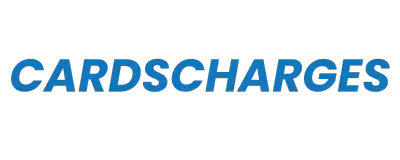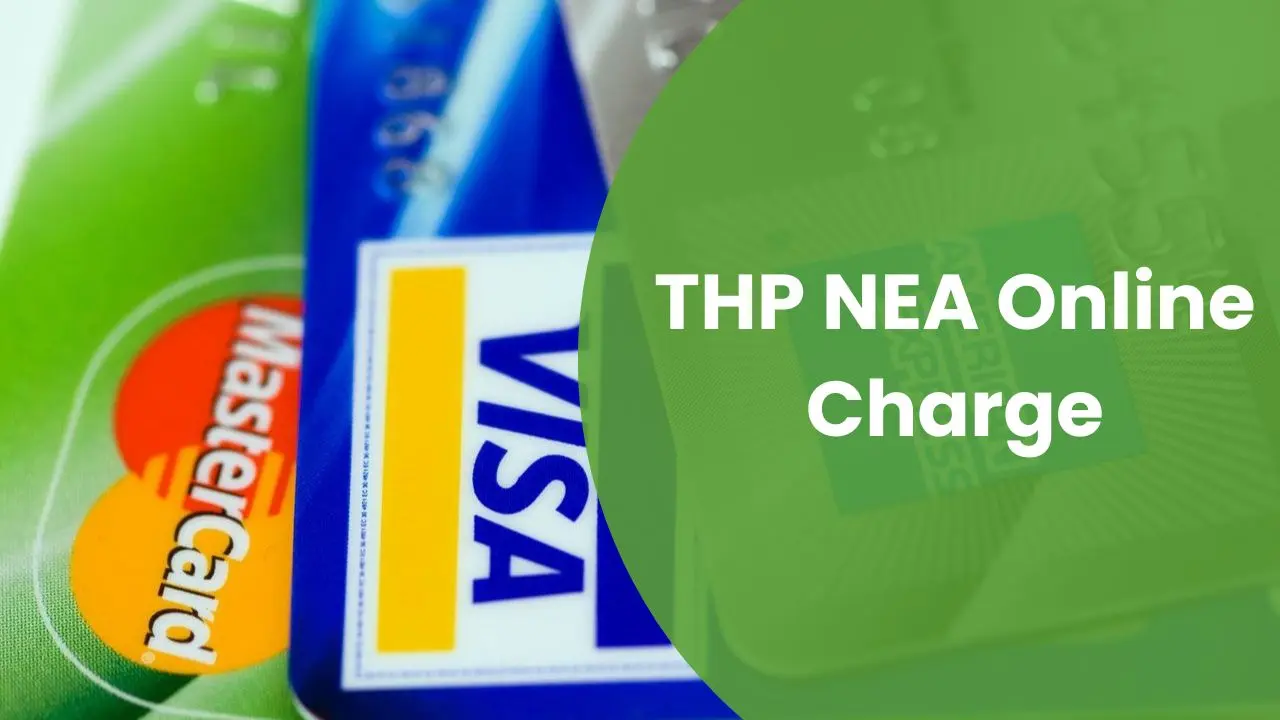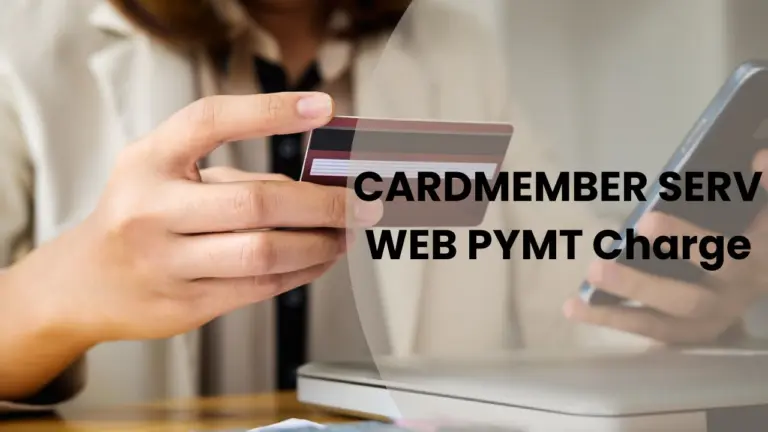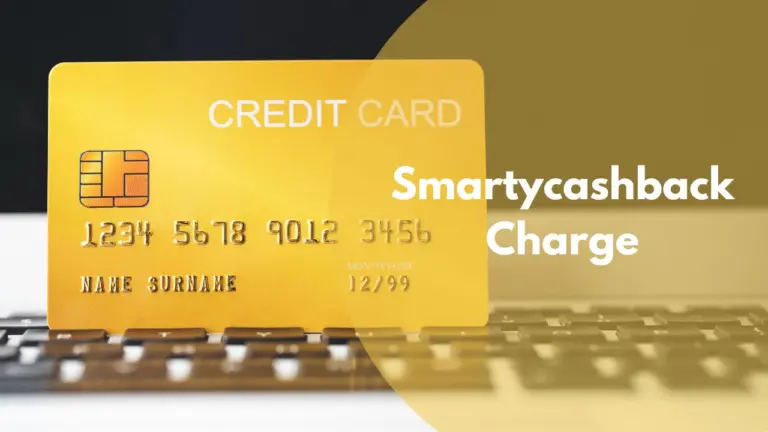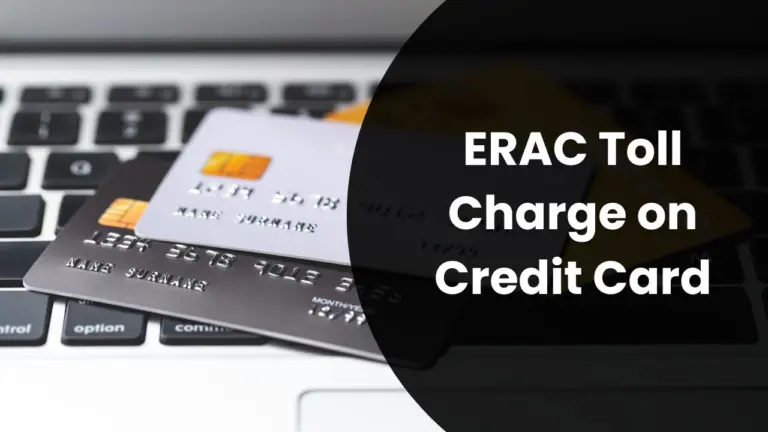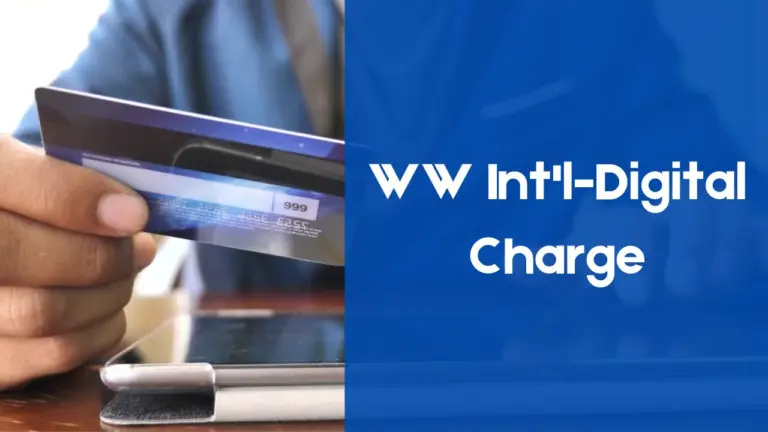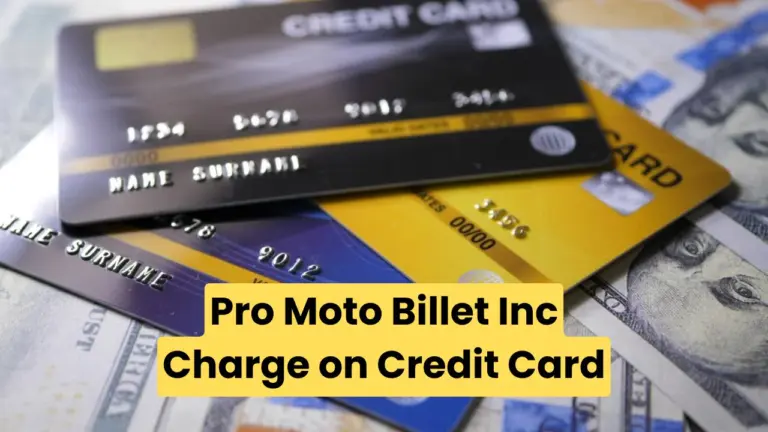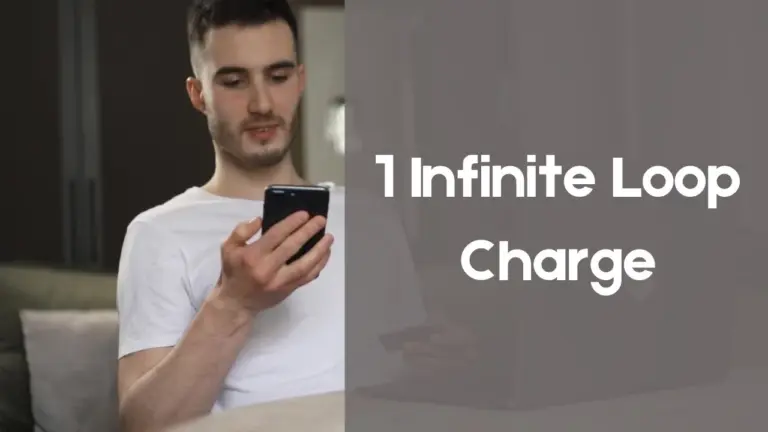THP NEA Online Charge – Legit or Fraud?
Discovering an unexpected charge labeled ‘THP NEA Online’ on your credit card can be unsettling.
In this article, we have explained what it is, why it appears, and how to address it effectively. You’ll gain clarity about its origin and steps to verify its legitimacy.
What is the THP NEA Online Charge?
The ‘THP NEA Online’ charge is commonly linked to the National Education Association (NEA), an organization dedicated to supporting educators. NEA provides various services, including membership benefits, educational resources, and insurance options. This charge typically appears due to a transaction involving NEA services.
Membership fees are a primary reason for this charge. Educators who subscribe to NEA for professional support or advocacy might see regular deductions under this label. Additionally, NEA offers insurance plans tailored to educators, which could result in charges. Purchases of learning materials or educational tools from NEA’s affiliated platforms might also appear under ‘THP NEA Online.’
Donations to NEA programs or partnerships are another possibility. Many members contribute to initiatives that promote better education systems, resulting in this charge. However, the descriptor ‘THP NEA Online’ might not clearly indicate NEA, leading to confusion.
Understanding the connection between this label and NEA activities is vital. It ensures you can identify whether this charge is legitimate or requires attention. The next sections outline why this charge appears and what you should do if you’re unsure about its authenticity.
Why Does This Charge Appear on Your Statement?
The appearance of a ‘THP NEA Online’ charge on your credit card statement can stem from several scenarios. Understanding these possibilities will help you verify its legitimacy.
Active NEA Membership
If you are a member of the National Education Association, this charge might represent your recurring membership fees. Membership dues are often deducted automatically, covering the various benefits offered by NEA, such as professional development resources, advocacy efforts, and insurance programs. Regular payments ensure members remain eligible for these services, which may explain the charge.
Utilization of NEA Services
Another common reason for this charge is the use of NEA services. NEA offers resources like educational tools, webinars, and professional certifications. Transactions related to these services may appear on your statement under ‘THP NEA Online.’ Similarly, insurance premiums for plans provided by NEA might also fall into this category.
Purchases or Donations
If you’ve recently purchased educational materials, merchandise, or made a donation to an NEA-affiliated program, the transaction might show up with this descriptor. Donations often support initiatives like scholarships, school funding, or teacher welfare programs, making them a likely source of this charge.
Household or Shared Account Usage
It’s worth considering whether someone in your household or a colleague with shared access to your account authorized the transaction. This could happen if multiple people use the same payment method for NEA-related activities.
By identifying these potential causes, you can narrow down the reason behind the charge. If none of these scenarios apply, it’s crucial to take further steps to verify the charge and ensure it’s not fraudulent.
What to Do If You Don’t Recognize the Charge?
Discovering an unrecognized charge like ‘THP NEA Online’ can be concerning, but addressing it systematically can help resolve the issue quickly. Follow these steps to identify and act on unfamiliar transactions.
Step1: Review Your Credit Card Statement
Start by carefully examining your credit card statement. Take note of the charge’s date, amount, and description. Look for other recent or recurring transactions that might be related. Often, minor details in the statement can provide clues about the origin of the charge.
Step2: Log into Your NEA Account
If you are an NEA member, check your account for any recent payments, purchases, or active subscriptions. NEA-related charges might include membership fees, insurance premiums, or donations. Confirm whether the charge aligns with your transaction history. This step is crucial for narrowing down the possibilities.
Step3: Consult Other Account Users
If you share your credit card with others, ask family members, colleagues, or anyone else who might have used your card. They could have authorized the charge for NEA-related services, such as educational materials or membership renewals, without informing you.
Step4: Contact NEA Customer Support
If the charge remains unclear, reach out to NEA’s customer service. Provide details such as the charge amount, date, and transaction descriptor. Their representatives can verify if the charge originated from their services and offer a detailed explanation.
Step5: Notify Your Credit Card Issuer
If the charge is not confirmed by NEA or you suspect fraud, immediately contact your bank or credit card issuer. Inform them about the unrecognized transaction and request an investigation. Most banks offer fraud protection and can temporarily credit the disputed amount while investigating.
Step6: Monitor Future Transactions
Enable transaction alerts with your bank to get real-time notifications for card usage. Regularly review your statements to quickly identify and act on any unusual activity. Staying proactive ensures better control over your financial security.
By following these steps, you can effectively address an unrecognized charge and safeguard your financial accounts from unauthorized transactions.
Frequently Asked Questions (F.A.Q)
What should I do if I don’t recognize the ‘THP NEA Online’ charge?
Start by reviewing your NEA account to see if the charge corresponds to any of your transactions. Check for membership fees, purchases, or donations that match the charge amount and date. If nothing matches, discuss it with other household members or account users who might have authorized the payment. Finally, contact NEA customer support to verify the charge. If it still seems unfamiliar or fraudulent, notify your credit card issuer and dispute the transaction.
Could this charge be fraudulent?
While many ‘THP NEA Online’ charges are legitimate, there’s always a chance it could be fraudulent. If you are not an NEA member or don’t recall any transaction, it’s crucial to act quickly. Contact your bank or credit card company to investigate the charge and safeguard your account. Banks often provide fraud protection to resolve such cases.
How can I stop similar charges in the future?
To prevent similar issues, monitor your statements regularly and set up transaction alerts. Maintain a record of all subscriptions and services tied to your credit card. If you suspect a recurring charge isn’t legitimate, cancel the subscription or report it to your card issuer.
What if someone else in my household made the transaction?
Ask family members, roommates, or colleagues if they used your card for an NEA-related transaction. If someone did, ensure clear communication about financial activities to avoid future confusion.
How long does it take to resolve a disputed charge?
The resolution time depends on your bank or card issuer. Most disputes are resolved within 30 to 60 days. During this period, the disputed amount might be credited back to your account temporarily while the investigation is underway.
Wrapping Up
Encountering an unfamiliar charge like ‘THP NEA Online’ can raise concerns, but understanding its potential origins and taking the right steps can resolve the issue efficiently. This charge is often linked to National Education Association (NEA) membership fees, insurance payments, or related services. If you’re an NEA member or have used their offerings, it’s likely a legitimate transaction.
| Read Also |
| ERAC Toll Charge |
